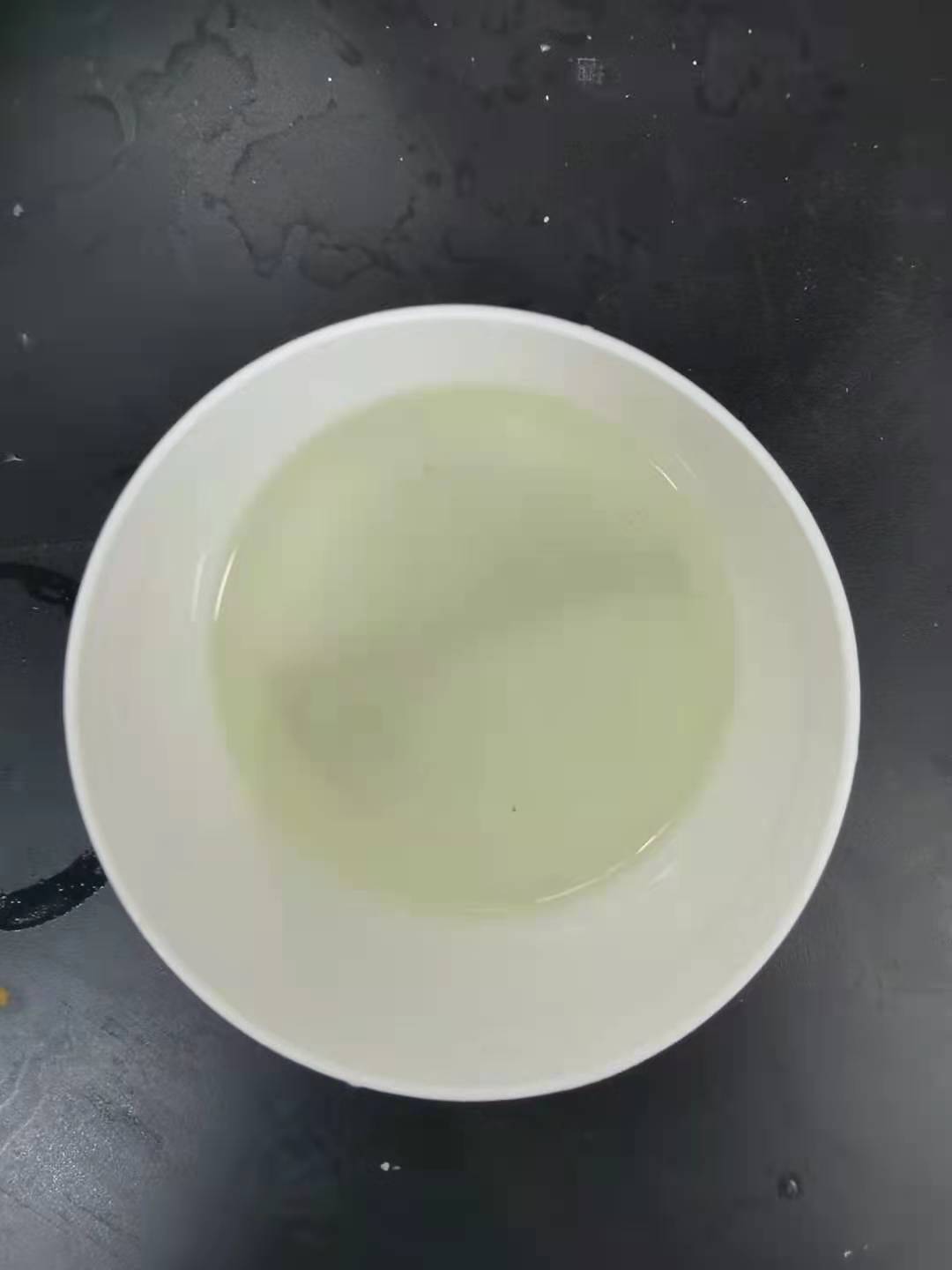We all know that water-based polyurethane and epoxy resin are two-component. The equipment and operating methods are basically the same. People always confuse the two. In fact, there are still many differences between the two. Let us Let's understand the difference between polyurethane and epoxy.
Epoxy resin coating is a kind of high-strength, abrasion-resistant and beautiful floor. It has the advantages of no joints, solid texture, good chemical resistance, anti-corrosion, dustproof, convenient maintenance, and low maintenance costs. Various solutions can be designed according to customer requirements, such as thin layer coating, 1-5mm thick self-leveling floor, non-slip wear-resistant floor, mortar-type floor, and anti-static. Anti-corrosion floor, etc. The product is suitable for various venues, such as workshops, computer rooms, warehouses, laboratories, wards, operating rooms, workshops, etc.
Polyurethane (PU), polyphenyl diisocyanate, polyether polyol, is cross-linked and cured in the presence of the catalyst triethylene diamine to form a high polymer. Polyurethane has good adhesion, insulation, weather resistance, etc. The hardness can be changed by adjusting the content of diisocyanate and polyether polyol, and can be applied to the packaging of various electronic and electrical equipment. Compared with epoxy resin, it is more toxic. The epoxy resin is generally composed of bisphenol A epoxy resin, curing agent (amine or acid anhydride), additives, fillers, etc. It has a longer curing time at room temperature and can be cured by heating. After curing, the bonding strength is large, and the hardness is generally also It is relatively large and can be made into transparent, used to encapsulate electrical modules and second tubes, etc. However, polyurethane has better weather resistance, does not crack at high and low temperatures, and is slightly more expensive.
Uses of polyurethane and common epoxy resin products:
The use of both products requires cement floors with increased compressive and tensile strength or floors and drains that are resistant to strong acid and strong alkali chemical solvents. Such as chemicals, metallurgical plants, electroplating plants, power plants, pharmaceutical plants, PCB circuit board plants, paper mills, Hardware factory, printing and dyeing factory, etc.
Product Features:
1. Both have good tensile resistance, no cracking, no falling off and other properties;
2. Both are resistant to corrosion by strong acids, alkalis, salts and various oils;
3. Both have dustproof, waterproof, surface wear resistance, heavy pressure resistance, impact resistance and other properties;
4. The former topcoat is suitable for outdoor use, while the latter is suitable for indoor use; while the weak point or shortcoming of the latter is that it is afraid of strong ultraviolet radiation, which will cause yellowing under strong ultraviolet radiation, that is, fading, but it will not decompose and affect use; but The former has a lot of improvements in weather resistance compared with the latter, especially the yellowing time of the former is much longer than the latter, so the former is often used for outdoor construction requirements.
